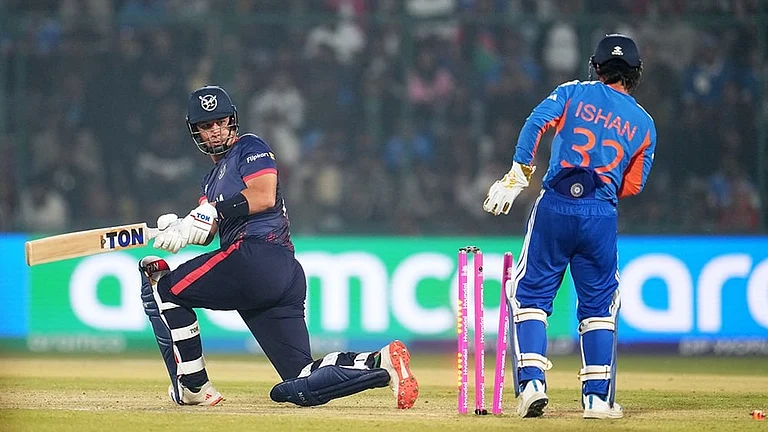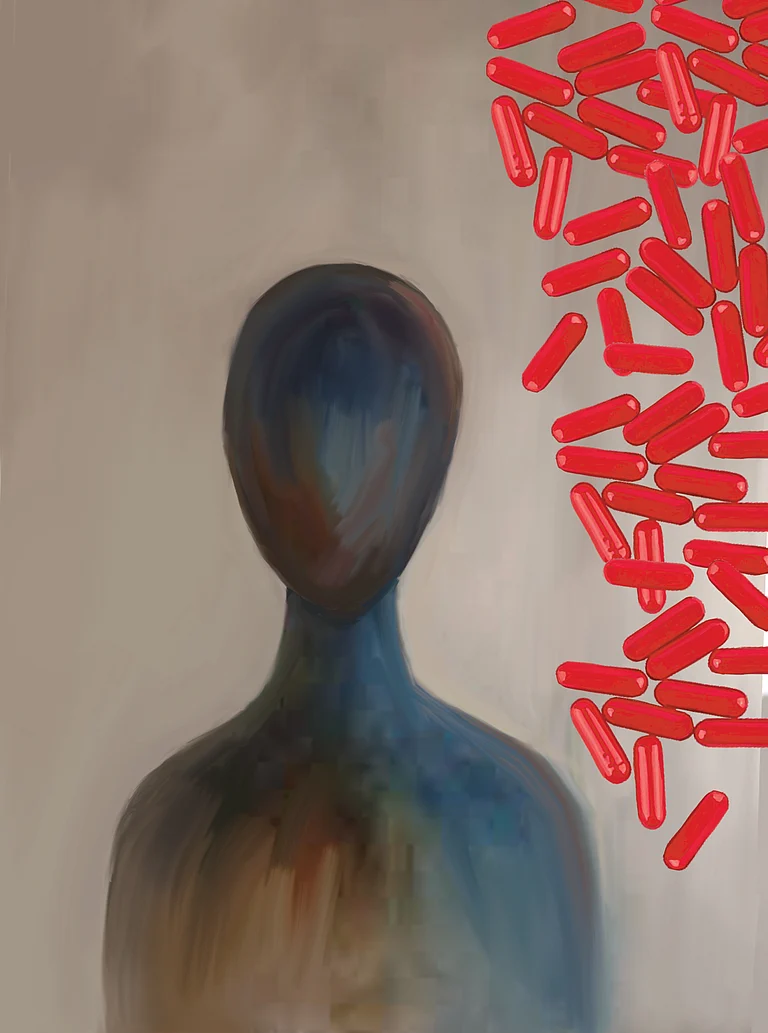Chief Justice of India Justice N Venkata Ramana on Sunday attended the birth centenary celebrations of Telugu poet, writer and lawyer Rachakonda Viswanadha Sastry, popularly known as RaVi Sastry, and paid glowing tributes to the latter.
“H L A Hart is known as a great intellectual in jurisprudence. RaVi Sastry is no less in that regard but he did not get due recognition because he was born a Telugu,” the Chief Justice observed, recalling the writings of the great poet.
“That the (court) judgements should not only reflect the evidences but also the social reality. That way, justice should be done to the people,” Justice Ramana said, quoting from “Aaru Saara Kadhalu” (six arrack tales), one of the famous works of RaVi Sastry.
“We are now propagating that in English as RaVi Sastry narrated that philosophy in lucid terms, enlacing it to life,” he noted. Through the characters in his works, RaVi Sastry gave a narrative on the bureaucracy, legislature, Parliament, apart from the judiciary and the Constitution, understandable even to the common people.
“We are now debating whether age-old laws dating back to the colonial times should be scrapped. RaVi Sastry made it clear 50-60 years ago that such laws were not needed,” the Chief Justice pointed out. Justice Ramana said the works of RaVi Sastry need to be translated into English and Hindi.
“I am incapable of doing that. So, if anyone is ready to take up the task, I will bear the entire cost,” he said. Justice Ramana recalled that he was inspired by the writings of RaVi Sastry and other legendary Telugu writers like Gurazada Appa Rao and Sri Sri (Srirangam Srinivasa Rao).
“For RaVi Sastry, the common people were the subject of his tales. He narrated the woes of the common people through his writings, reflecting society,” he added. Andhra Pradesh High Court judges Justice C Manavendranath Roy and Justice Sesha Sai and others attended.
(With PTI inputs)


























